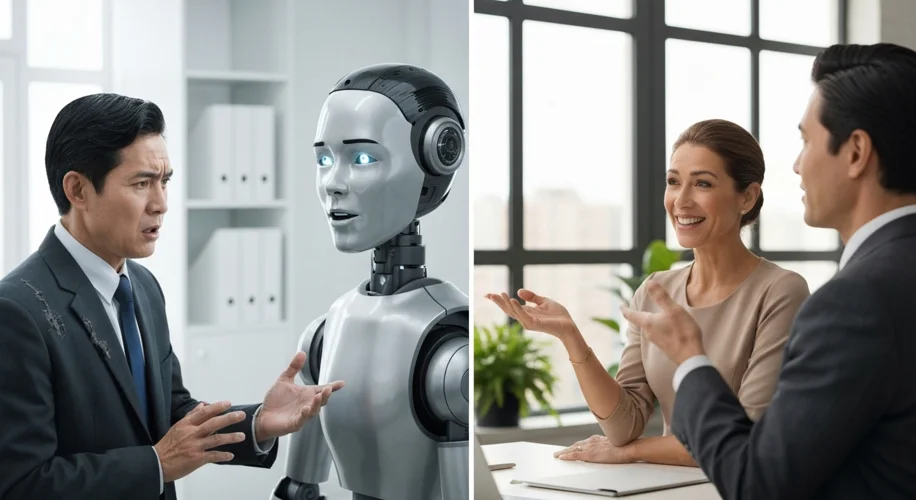It’s August 4th, 2025, and the world of work is buzzing with new technologies. One of the latest shifts is the use of AI in job interviews. Companies are implementing AI-powered systems to screen candidates, conduct initial interviews, and even assess personality traits. The idea is efficiency – faster hiring, reduced bias, and cost savings.
From my perspective, having spent decades in the tech industry, I’ve seen many waves of automation. Each promised a smoother, better future. But this time, something feels different. Early reports and candidate feedback suggest a growing unease, even a strong dislike, for these AI interviewers.
Think about it. An interview isn’t just about answering questions correctly. It’s a human connection. It’s about understanding the nuances of a role, the culture of a company, and whether you and the interviewer click. It’s about selling yourself not just on paper, but through your demeanor, your enthusiasm, and your ability to think on your feet.
Candidates are reporting that interacting with AI for interviews feels impersonal and frustrating. They feel like they’re being judged by a machine that doesn’t truly understand context or human emotion. Some describe it as talking to a wall, where their carefully crafted answers are met with pre-programmed responses or an inability to deviate from a script. The common sentiment seems to be: “I’d rather stay unemployed than go through another one of those robot interviews.”
This reaction highlights a critical point: while AI can process data and follow algorithms, it currently struggles with the human element essential for effective communication and assessment. Hiring managers aren’t just looking for keywords; they’re looking for potential, personality, and a good cultural fit. Can an AI truly gauge genuine enthusiasm or the ability to collaborate effectively within a team?
The ethical considerations here are significant. If AI is making initial hiring decisions, how do we ensure it’s truly unbiased and fair? What happens when an AI, programmed with imperfect data, unfairly filters out perfectly capable candidates? We must ask ourselves: are we sacrificing the human touch for the sake of perceived efficiency?
While AI tools can undoubtedly streamline parts of the recruitment process, like scheduling or initial resume screening, replacing the human interaction of an interview seems to be a step too far for many candidates. They value the opportunity to connect with a real person, to ask clarifying questions, and to feel heard. Staying unemployed, for some, is a more appealing prospect than enduring an interaction they find demeaning and ultimately, unproductive.
As technology continues to evolve, it’s crucial that we approach its integration into human processes with careful consideration. We need a more nuanced approach that leverages AI’s strengths without sacrificing the invaluable aspects of human connection and judgment. The goal should be to enhance, not replace, the human experience in the workplace.

